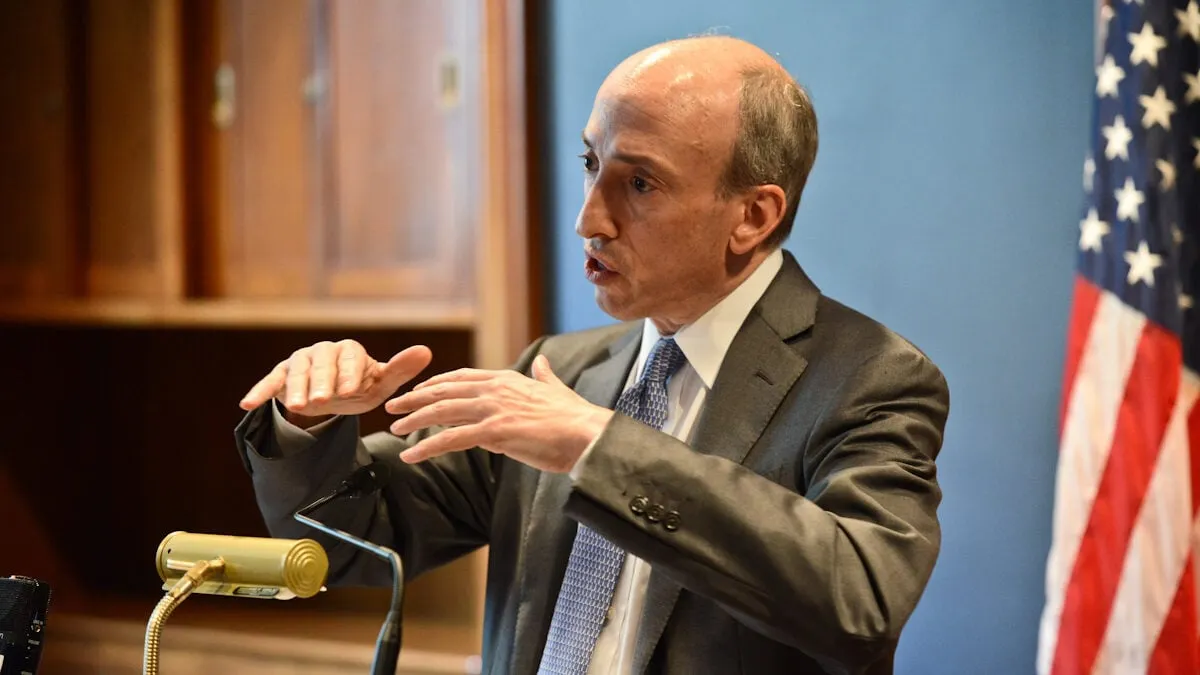The S-1 registration forms for several spot Ethereum ETF applicants will likely be approved this summer, according to Securities and Exchange Commission (SEC) chairman Gary Gensler.
This comes after the agency approved 19b-4 applications from stock exchanges in late May to list such products. All that’s needed now is the regulatory nod on the applications from individual issuers, after which a spot Ethereum ETF can immediately go live in the United States.
“Individual issuers are still working through the registration process. That’s working smoothly,” Gensler said during a Senate hearing on Thursday. “I would envision that some time over the course of this summer they’ll be [approved].”
Gensler highlighted how Ethereum futures ETFs had already gone live last summer, and that CME Ether futures had already existed for years.
While there proved to be very little demand for those futures ETFs, many analysts—including K33 Research—expect the spot products to absorb up to $4 billion in their first five months, representing 20% to 30% of the flows to their Bitcoin-based counterparts.
The chairman’s projected timeline reflects that of ETF experts at Bloomberg, who said it would likely take “weeks” to “months” before the S-1 documents were greenlit following the 19b-4 approvals. Either way, the arrival of such funds in the U.S. was a matter of “if” not “when.”
Despite his confirmation, Gensler still didn’t directly answer whether Ethereum classifies as a security or commodity when directly asked. Legal experts argue that Ethereum has implicitly been ruled a commodity already by being approved as a single-asset ETF product.
The chairman also expressed concern over a stipulation recently included in the agency’s fiscal year 2025 funding bill by the House Appropriations Committee. The stipulation requires that “none of the funds made available… may be used to carry out an enforcement action related to a digital asset transaction,” unless related to fraud or market manipulation.
“It would seriously undercut our efforts,” said Gensler. “While not all cryptos are crypto securities… those that are have an obligation to disclose to the public full, fair, and complete information. We’d lose that.”
Edited by Andrew Hayward

